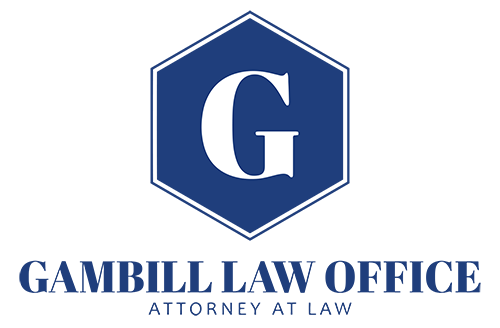When your doctor writes you a new prescription for a drug, they will typically look at the list of medications you currently take to determine if there are any counter-indications for the prescription.
Certain drugs can have very negative interactions with each other, which is why it’s very important for your physician and your pharmacist to check with you regarding what medications do you take before giving you a new prescription or filling a prescription from your physician.
However, prescribed medications are not the only source of drug interaction risk. Over-the-counter medication, herbal supplements and even recreational substances like caffeine or alcohol can have potentially dangerous interactions with your prescriptions. Your physician should inquire about known risks and inform you about non-medication-related drug interactions for your safety.
You can’t protect yourself from what you don’t know about
Too many family physicians have gotten into the questionable habit of simply handing over a drug pamphlet to their patients when they prescribe a new medication without really discussing the drug with the individual who will take it.
The risk here is obvious. Most patients will not reasonably read through multiple pages of fine print produced by a drug manufacturer. Even if they do, the language used in the pamphlet may be so convoluted or dense that they don’t realize that something they do every day, like taking black cohosh capsules for hot flashes, could put them at risk for liver failure with the prescription.
Your doctor needs to make sure that you understand the risks and benefits of a drug. They should also monitor you carefully after you start a new drug in order to protect you from adverse reactions. If your physician fails to warn you about the risks a drug presents or failed to monitor you for how your body responded to the medication, that could result in a medical malpractice claim, particularly if you wound up hurt as a result of that oversight.

